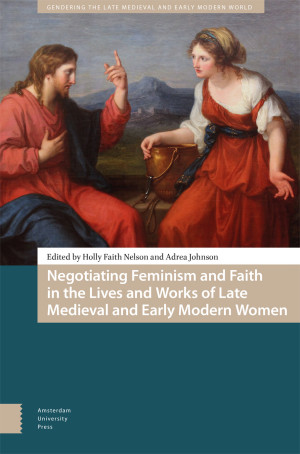This wide-ranging transnational collection theorizes how late medieval and early modern Western women critically and creatively negotiated their faith and feminism, taking into account intersecting factors such as class, culture, confessional stance, institutional affiliation, ethnicity, dis/ability, geography, and historical circumstance. It presents thirteen original case studies on the diversity, complexity, and subtlety of the intersection of faith and feminism in the lives and works of twenty-two women writers over a 350-year period in six nations. Along the way, it interrogates the accuracy of the view that monotheistic religions only constrict and oppress women, stifling their agency, autonomy, and authority.

